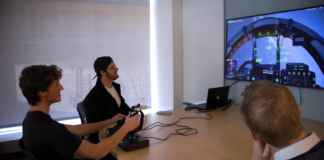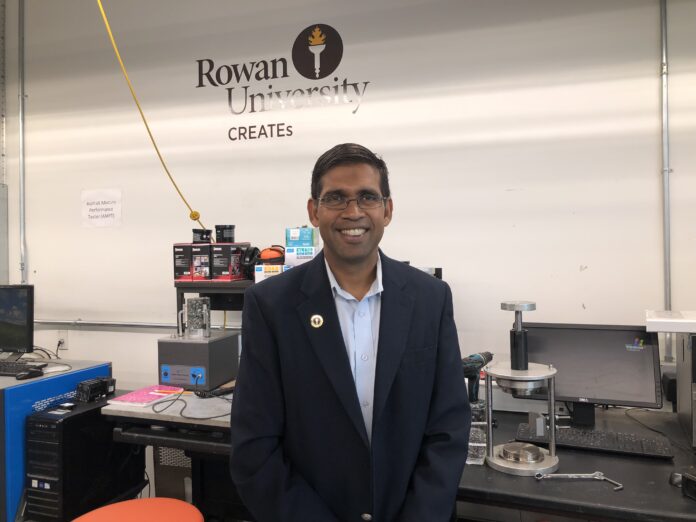
Rowan University is one of the only academic institutions in the Northeast region of the United States that has the facilities to conduct state-of-the-art accelerated pavement testing. The Center for Research and Education in Advanced Transportation Engineering Systems (CREATEs) has given students and researchers the ability to conduct cutting edge research in transportation engineering.
CREATEs was created by Rowan University professor Yusuf Mehta, who came to Rowan in 2001. Mehta has been working as a civil engineering professor for 17 years, starting at a time when Rowan’s engineering department was small. Mehta has helped grow the transportation research and built his lab one by one.
“I applied in 2001 and I just started as faculty and at that time Rowan’s engineering was small,” Mehta said. “I was the only one in transportation. I was teaching all aspects of transportation and I built my lab one by one. What I liked here was that the engineering school was new so you could chart your own course and that is very motivating.”
Mehta’s most recent project has allowed him to receive a $3.4 million grant for Rowan University to conduct research on infrastructure needs in cold regions.
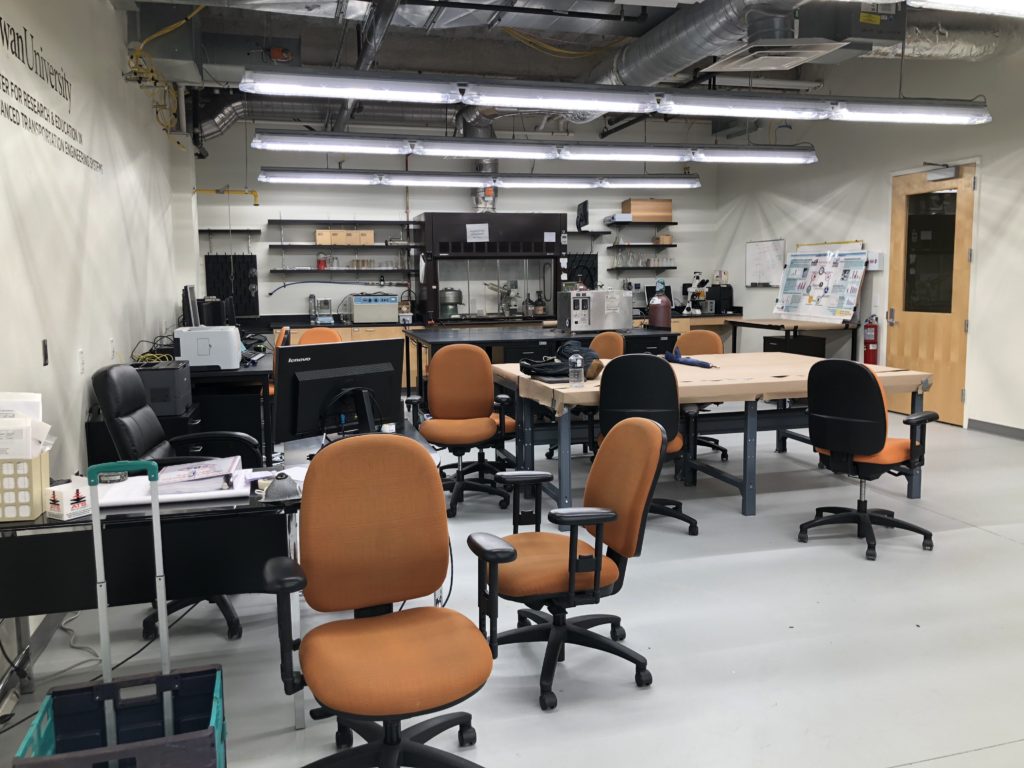
Ayman Ali, the manager of CREATEs and a civil engineering professor has worked with CREATEs and Rowan for the past five years.
“The $3.4M grant will be used to solve challenging transportation infrastructure problems we face when completing construction in cold regions,” Ali said. “We will be conducting cutting-edge research, using these funds to support the Department of Defense Army Corps of Engineers. Our research will strengthen infrastructure in a variety of cold regions as well as offer unique hands-on experiences to our graduate and undergraduate students at Rowan. Our post-doctoral fellows will also learn from such exciting experiences.”
Since coming to Rowan in ’93, Mehta has received his masters and Phd from two very high-end schools.
“I got my Ph.D. from Penn State and I got my master’s from the University of Oklahoma, and I got my bachelor’s from the University of Mumbai in India,” Mehta said.
Housed in the South Jersey Technical Park, CREATEs has helped students further their research and experiences within their time at Rowan.
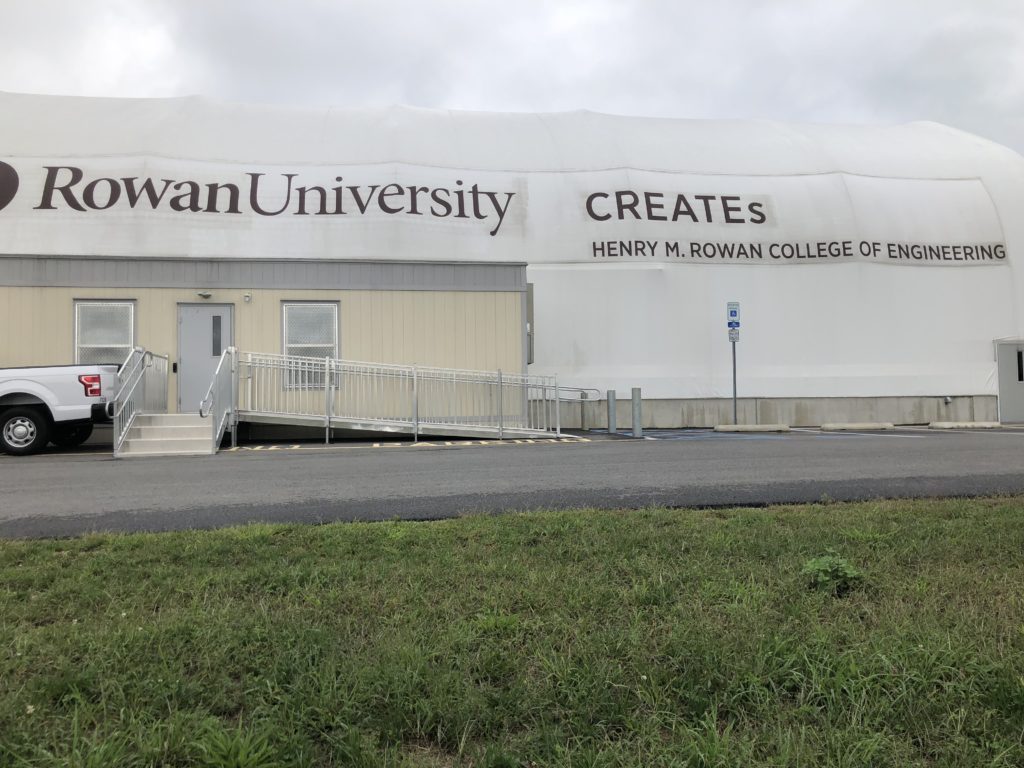
“A lot of opportunity is at CREATES at Rowan,” Mehta said. “Between this facility and the way we are investing now that the new grant is coming in, it’s unparalleled in terms of the facilities. We are going to get an environmental chamber, which is going to actually make asphalt, literally in a freezer for arctic regions.”
Many students who research and work in the technical park are part of the fellowship program that is sponsored by The American Asphalt Company and The Earle Companies.
“We have something called a fellowship program, where asphalt companies, because asphalt is such a niche here especially within engineering itself, they’re investing in students who work through the entire year,” Mehta said.
Gabrielle Wickizer, a senior civil and environmental engineering major, is a recipient of the American Asphalt fellowship.
“As a fellow, I’ve just learned over time the different testing of asphalt, the different materials we have here, aggregate and all that, and then created reports,” Wickizer said. “I’ve given presentations to people within the industry and then worked with our lab director in doing any kind of work that needs to get done around the lab.”
Many students working on this project are receiving experiences unlike any others.
“This project will provide excellent opportunities to our undergrad and grad students and our post-doctoral fellows to learn about state-of-the-art transportation-related topics through conducting research,” Ali said. “They will also be instrumental in solving these problems. By going through these experiences, our students and post-docs will be ready to work in the industry right away. This is because the project will involve a variety of construction and testing activities that the transportation industry currently employs for building transportation infrastructure.”
CREATEs have evolved and grown over the past years an extensive amount, allowing Rowan University students to expand their knowledge and conduct research that will further their careers outside of Rowan.
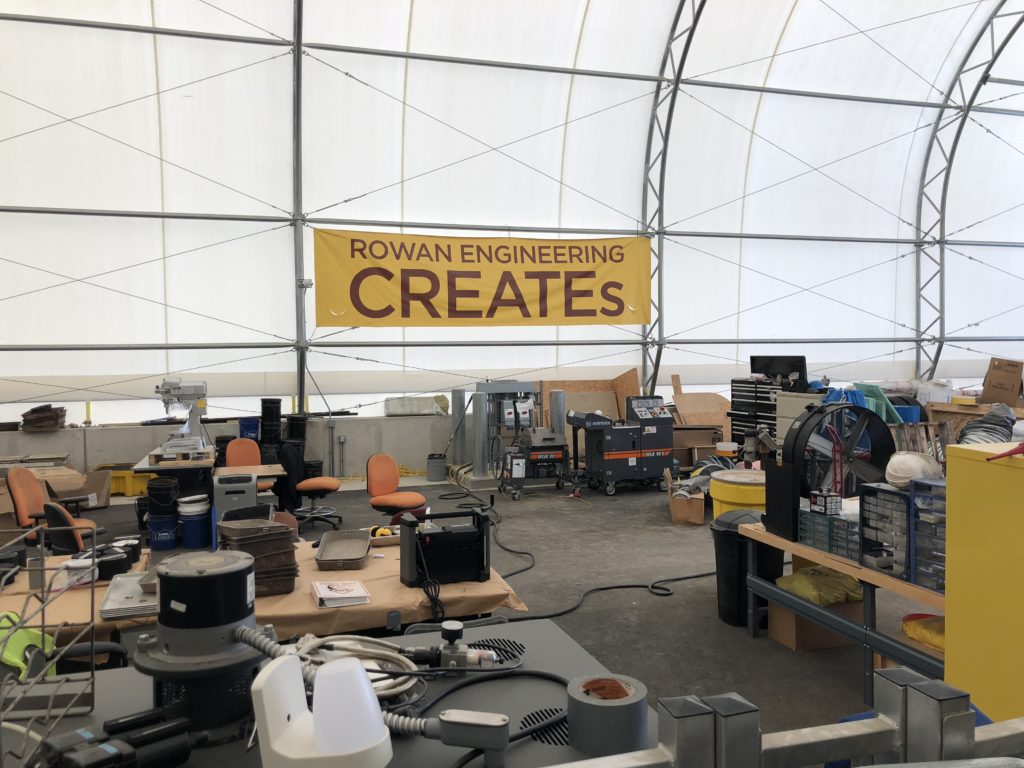
For comments/questions about this story, email features@thewhitonline.com or tweet @TheWhitOnline.

